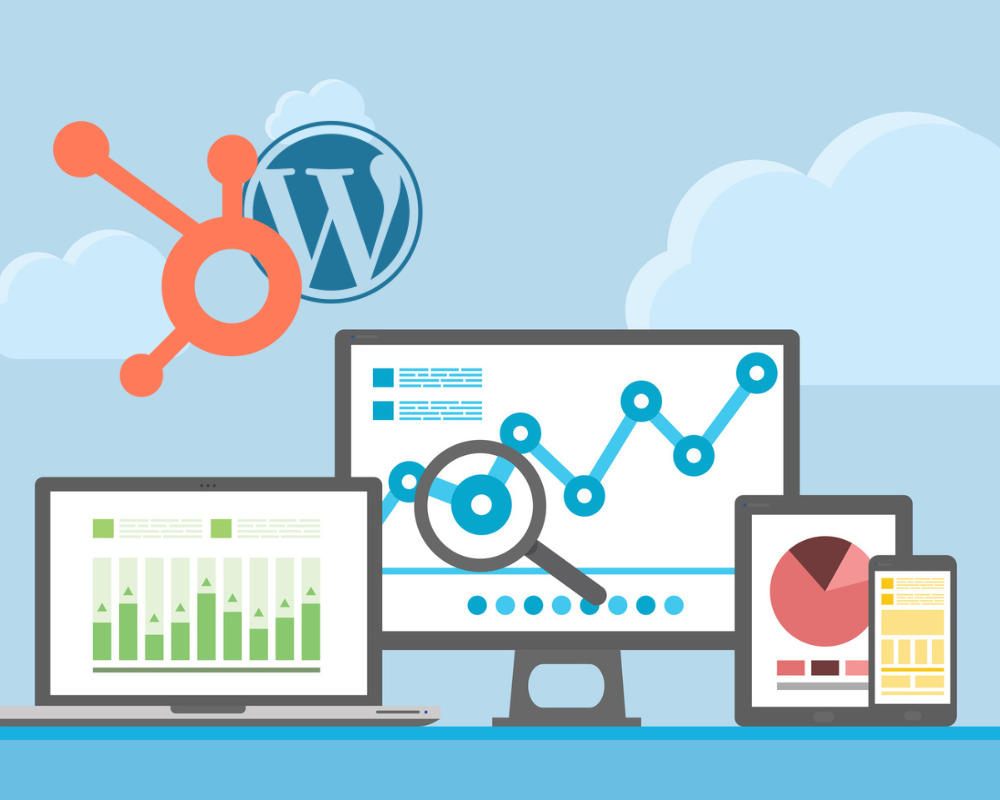SEO Myths to Fix For Better Search Engine Rankings

SEO is constantly changing so it can be hard to keep up with. But here are some of the SEO myths and whether or not they are true.
- SSL Encryption is Unnecessary
You may have noticed that some websites have HTTP in the URL and some have HTTPS. That s means that hackers can’t get your data (ex. email, phone number, credit card number, social security number) when you enter your information. In October 2017, Google released a new version of Chrome that shows you whether a page is secure with SSL. If your site has SSL and another site similar to yours does not, your website will receive a slight boost in the search engine rankings. If your website needs an SSL encryption, Worldlight Media provides Secure Hosting and Migration Service so your website users will be safe from hackers. Click here to see if you need an SSL encryption.
- All That Matters is Ranking
While ranking high on Google can bring you more traffic to your website, it won’t necessarily bring you more click-throughs, meaning if the content on your website is useless, it won’t matter. Quality content that actually helps the readers find what they need is more valuable than a top ranking spot on Google. If you write reliable content, users will come back to you for related topics and maybe even show their friends and family. So while you still want to rank high on Google, you want to make sure the content is relevant to the searches and has quality material.
- Meta Descriptions Make or Break It
While this isn’t true for SEO rankings, it’s possible for click-through rates. The reason why is because if there’s a good description of what your web page has to offer, then people are more likely to click on it.
- Keyword Stuffing is Foolproof
That’s a lie. Keyword stuffing is not the way to go. Keywords don’t have to be an exact match. While it’s a good idea to use your keyword in headlines, you don’t need it all over your page, especially if it doesn’t make sense to read it like that. You want to be as clear as possible in your headline and your content, and keyword stuffing just makes it confusing.
- More Pages Mean More Ranking
This is not necessarily true. Your website content has to have quality content to rank. Even if you have hundreds of pages on your website, if they are not written well, then they may never rank. Your content should help users find what they are looking for. Focus on the user, not the search engine ranking.
- Local SEO is a Waste of Time
Actually, it’s just the opposite. Optimizing your website for local searches brings people in the area and around it to you. The Pigeon algorithm by Google released in 2014 treats local searches more like traditional searches making local SEO even more important.
- Websites Don’t Need to Be Responsive
If you plan on anyone being able to access the information on your website from a tablet, laptop, or smartphone, (Hint: it will happen) then it needs to be responsive. Your website should look amazing on every device so that users don’t lose anything if they use it on a smartphone in comparison with a desktop. Websites that aren’t responsive had an average of 5% decline in organic traffic. So make it easier for your users and get rewarded by Google for it – it’s a win/win.







